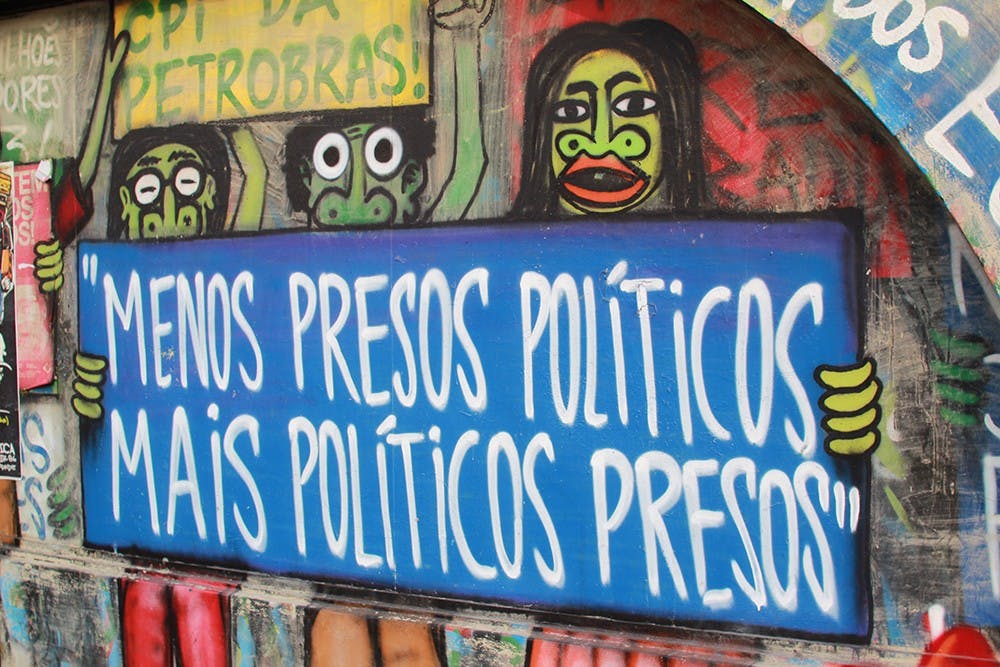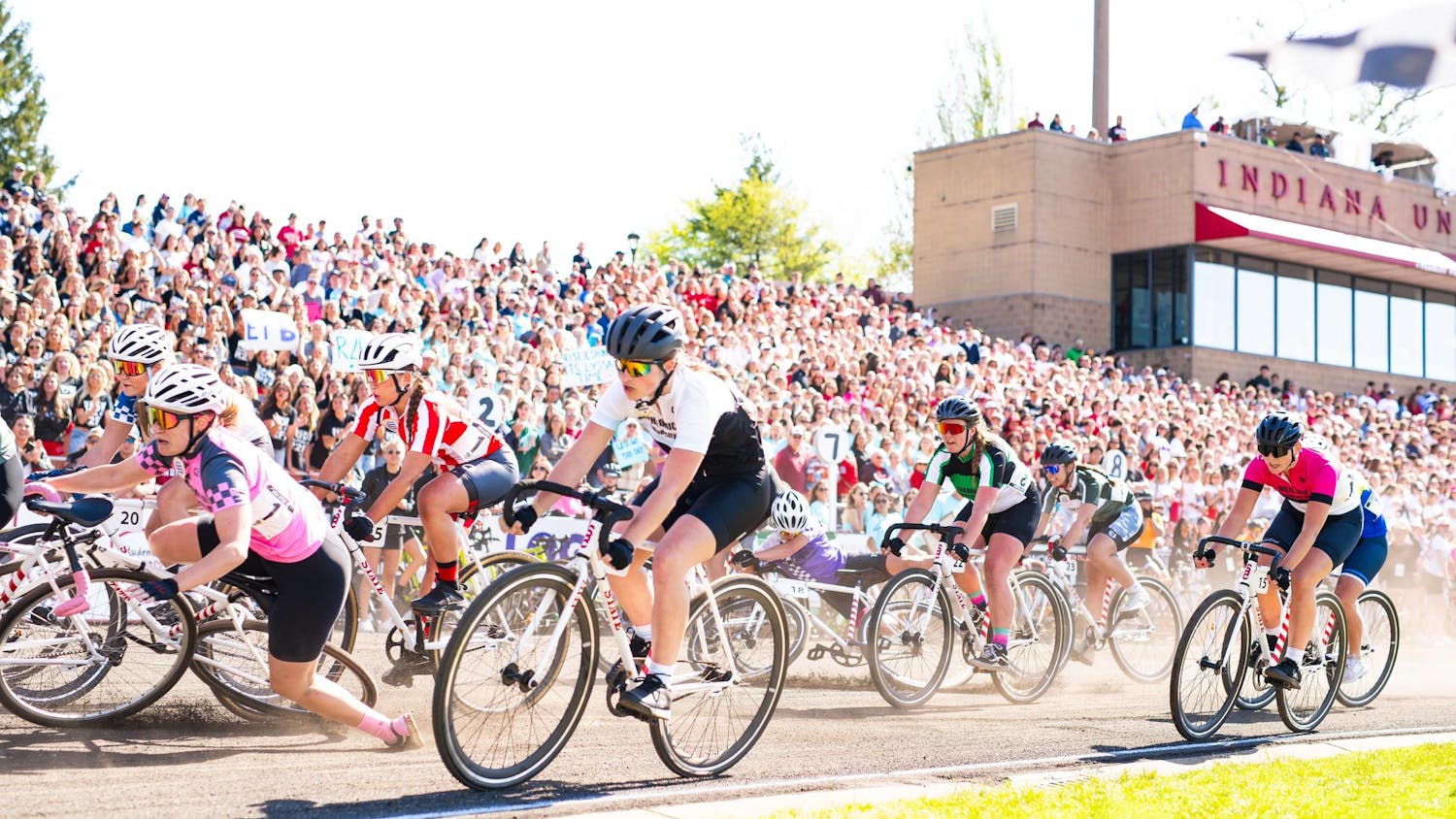The first round of voting for the Brazilian state and presidential elections was last Sunday. The structure of Brazilian democracy is not so different from the American system, but the elections here were characterized by a general feeling of resignation rather than excitement for the future.
On election day, Marcos Antônio Cardoso de Brito, a retired police colonel running for a Senate position in the northeastern state of Alagoas, slapped a voter in the face. The candidate allegedly hit the woman for objecting to his attempt to cut in line.
The former colonel is currently avoiding arrest. Many have said the military police’s ina bility to arrest Brito is reminiscent of the military dictatorship.
Brito came in last place in the Senate election. Instead, the state of Alagoas elected a former president of Brazil who left office halfway through his term in light of a damning impeachment suit.
These are extreme examples of the sort of politicians that represent the Brazilian population.
Repeated protests shook the country in 2013. At its peak, nearly 90 percent of Brazilians supported the protests.
Still, Brazilians voted nearly the same along p arty lines in the presidential election as they did four years ago in 2010.
The incumbent, Dilma Rousseff, won the first round of voting and is poised to win the second, despite repeated complaints by Brazilians about a stagnant economy, two expensive global sporting events and a failing infrastructure.
The reality is most Brazilians simply do not have anyone better to vote for. Every person I have talked to is either adamant about voting Rousseff out of office or is resigned to the fact she is likely their best option.
Back home, I am constantly frustrated by apathy and an unwillingness to vote even in the presidential elections. Here in Brazil, it wouldn’t matter if the population were apathetic.
The vote is mandatory in Brazil. Brazilian candidates do not have to worry about the population not voting like politicians do in the United States. The effect is that the objective of the Brazilian candidate is to be the most acceptable.
I have not seen a candidate, presidential or otherwise, inspire passion or confidence in the population.
On the night of the 2012 presidential elections, the Indiana Daily Student staff crowded around our little television in the newsroom and waited with bated breath as state vote counts came in. Republican or Democrat, all of us were ner vous watching the swing states decide.
That kind of nervous excitement was not a characteristic of the Brazilian election. Everyone had his or her expectations for how the vote would turn out, and many would rather not even vote in the first place.
Los Angeles Times reporter Vincent Bevins tweeted from an election center, “At Brazil’s polling centers, it never ceases to surprise me how many people say, ‘They’re all crooks’ or ‘I only vote because I have to.’”
A democracy is not much of a democracy without leaders who have the confidence and respect of their people. Brazilians deserv e a candidate they can rally for.






